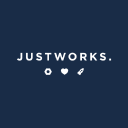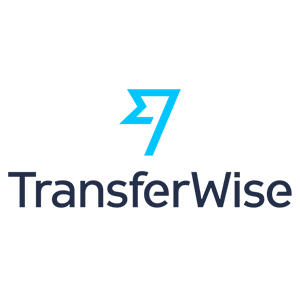How I Started A $4M/Year Digital Product Agency
Note: This business is no longer running. It was started in 2012 and ended in 2025. Reason for closure: Shut down.
Hello! Who are you and what business did you start?
I am Anthony Tumbiolo, the founder of Jakt–a digital product and innovation studio based in NYC.
So, what exactly does this mean we do?
Companies come to us when they want help designing and building a custom piece of software to solve a problem.
We’ve worked with both startups and large enterprises over the years and worked on 100+ projects. Projects range from mobile apps to web applications to IoT projects. We’re technology agnostic and use whatever the best technology and platform is to solve the problem identified.
Here’s a few examples:
Rally Rd: Rally Rd. is a platform where blue-chip collector cars are turned into stocks. We worked with Rally Rd to build the first version of their app. Since then the company has gone on to raise $10M in funding.
CityRow: CityRow operated in-person rowing classes and came to us to help them turn this into an at-home digital experience.
Hedge Fund: Unfortunately...





























